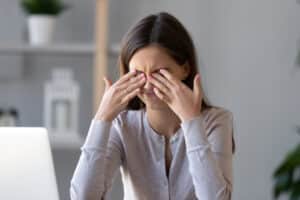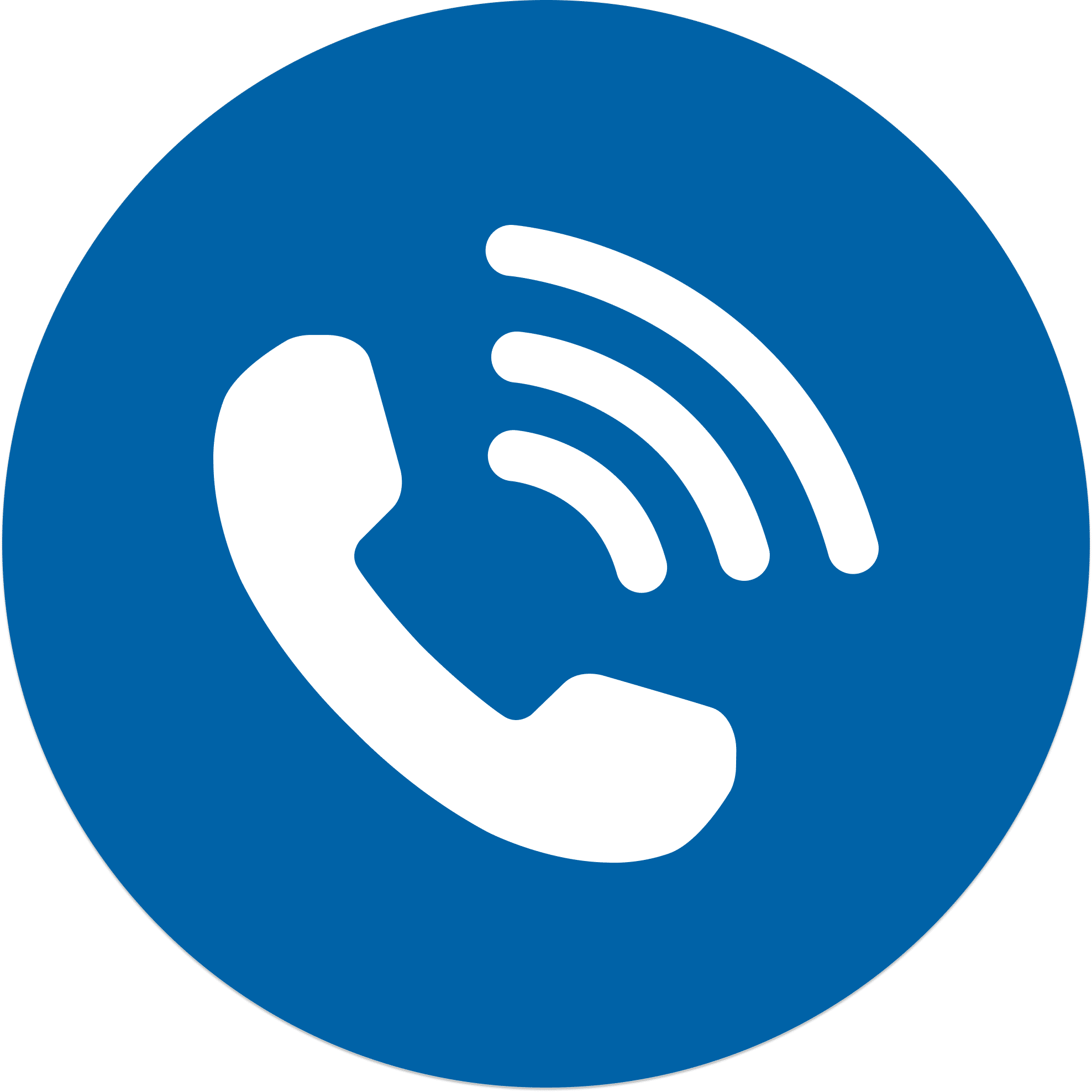A recurring eye twitch is not only annoying to experience but affects your ability to complete daily tasks. They come out of nowhere, and you just have to wait for them to subside when they occur. Although eye twitching can become a chronic problem, typically it’s temporary and is no cause for concern.
nowhere, and you just have to wait for them to subside when they occur. Although eye twitching can become a chronic problem, typically it’s temporary and is no cause for concern.
If you want to know more about why your eyes keep twitching, we’re here to help. Keep reading to understand what causes an eye twitch and how to stop it from happening.
What Causes Eye Twitching?
An eye twitch occurs when an eyelid muscle known as the orbicularis oculi spasms uncontrollably.
While some underlying conditions—such as multiple sclerosis (MS) and Parkinson’s disease—are associated with eye twitching, most cases result from more common occurrences such as:
- Fatigue
- Stress
- Anxiety
- Eye strain
- Excessive caffeine or alcohol consumption
- Dry eyes
- Inflammation
Tired of your eyes twitching? Get help by scheduling a consultation.
Schedule an Appointment
What Is Blepharospasm?
Blepharospasm is an eye muscle disorder that causes involuntary eyelid twitching. The muscles in the eyelid spasm, causing the upper and lower eyelid to close and not open back up for a certain period of time.
Some known causes of blepharospasm include stress, fatigue, and eye strain. The condition may also be connected to more serious health conditions, such as Bell’s palsy and Tourette syndrome.
How to Stop an Eye Twitch
Stopping your eyes from twitching can typically be accomplished through simple daily habit changes. Here are six blepharospasm treatments you should try before consulting a physician.
1. Get Better Sleep
According to Mayo Clinic health experts, adults need to sleep a minimum of seven hours each night. Getting adequate sleep not only reduces your chance of developing an eye twitch but also helps you:
- Avoid sickness & disease
- Minimize stress
- Have a better mood
- Stay focused
- Feel rested
- Maintain a healthy weight
Getting quality sleep is the key here. We recommend setting a daily sleep schedule and sticking to it as best you can. This will encourage healthy sleep habits that soon will become second nature. You can also take short naps when needed to feel more rested.
2. Reduce Stress
The best way to reduce your stress levels is to either avoid or limit things that cause you undue stress. Here are some stress-reducing activities you can try to help get rid of that pesky eye twitch:
- Engage in breathing exercises
- Practice mindfulness
- Set professional boundaries at work
- Seek counseling
- Exercise
- Practice self-care
3. Limit Screen Time
Screen time is one of the main factors in eye twitching because it strains and dries out the eyes, disrupts sleep, and causes eye fatigue. If your job requires you to work on a computer, take breaks throughout the day to rest your eyes.
You can also invest in a pair of blue light glasses designed to block harmful blue light from reaching your eyes and causing excessive strain. Research shows that blue light glasses also improve your circadian rhythm (i.e. your body’s natural sleep-wake clock) and reduce daytime sleepiness. Blue light glasses work effectively with computers, phones, and other electronic devices that produce blue light.
4. Reduce Caffeine & Alcohol Intake
One way to reduce eyelid twitching is to limit your caffeine and alcohol intake. This includes coffee, tea, soda, and all alcoholic beverages.
Look, we’re not here to say stop consuming caffeine and alcohol altogether. All we’re saying is to reduce your overall consumption. Maybe that means going from four cups to two cups of coffee a day and only drinking on the weekends, or maybe it means opting for caffeine-free alternatives. At the end of the day, find a strategy that works with your lifestyle and stick to it.
5. Wear an Accurate Prescription
Besides helping you see clearly, wearing the correct glasses or contact prescription limits eye twitches. Wearing the wrong prescription puts more strain on your eyes which often causes twitching.
6. Apply Daily Eye Drops
Putting eye drops in your eyes every day keeps them moist, alleviates dryness, and reduces inflammation.
Experience Lasting Eye Relief at Cleveland Eye Clinic
If your eye twitching is caused by dry eyes, Cleveland Eye Clinic is here to provide you with lasting relief. Dr. Chester and his team of eye experts will use their resources to determine the underlying cause and fix the problem. Take a look below at our available treatment options.
Our Treatment Options
- TearCare®: This personalized, open-eye procedure clears any blockages that may be causing dry eye discomfort.
- LipiFlow: This treatment uses a gentle eyelid massage and heat to remove blockages that cause eye irritation and discomfort.
- Artificial Tears: Artificial tears provide temporary relief for patients suffering from mild cases of dry eye.
- Punctal Occlusion: Quick and painless treatment blocks the tear drainage system to help your eyes produce more natural tears.
Take our dry eye self-test to determine whether you need to consult an eye doctor.
Find Relief From Dry Eyes








